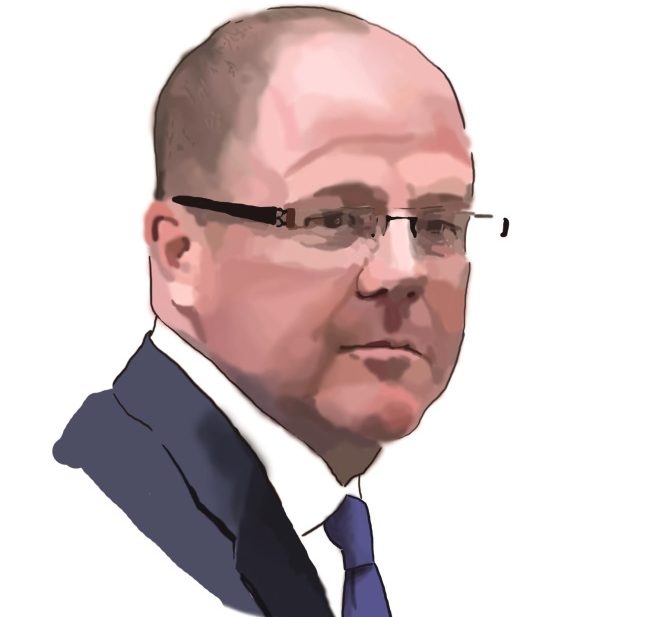
Department for Business, Innovation and Skills
The UK government has commissioned a review into ways of speeding up patient access to new cost-effective medicines, medical devices and diagnostics.
George Freeman, the minister for life sciences, said the aim was to integrate the health service with the pharmaceutical industry and life sciences research to bring innovations to patients more quickly. For cancer and stratified medicines, the government wants to “get into patients five, six or seven years earlier by using data to target patients much better”, he said.
The Innovative Medicines and Medical Technology review is due to begin next year and is expected to report within 12 months. The government says the review will examine how companies, healthcare regulators, such as the Medicines and Healthcare products Regulation Agency (MHRA), and evaluation bodies, such as the National Institute for Healthcare and Clinical Excellence (NICE), can work together so that new products can be assessed more quickly using better data. Detailed terms of reference are expected shortly alongside details of who will be commissioned to carry out the review, a government spokesperson said.
At a research and development meeting hosted by the Association of the British Pharmaceutical Industry Association (ABPI) on 20 November 2014, Freeman said the government was “committed to the existence of NICE”, describing it as leading the world in health economics in the twentieth century. However, he said the government was inviting NICE to update its models to deal with the challenges presented in the 21st century.
New approaches to the development of medicines, medical devices and diagnostics based on personalised medicine and emerging technologies will also be reviewed, alongside the role of charities and patient groups. Freeman said that changes to the regulatory landscape could include adaptive licensing (early licensing of a drug while more evidence is gathered), conditional approvals and specialised commissioning. In addition, there would be a parallel landscape for new medical technology such as companion diagnostics.
It currently takes more than a decade and around £1bn to develop a new drug, according to the government. Freeman said that, if medicines were targeted to the right patients earlier, this could rescue a lot of the drugs that are rejected in phase III trials. However, he stressed that implementing a new system is not going to happen straight away: “We’re looking at a five or ten year timeline.” The review is a joint initiative between the Department of Health and Department for Business, Innovation and Skills.
Stephen Whitehead, chief executive of the ABPI, described the review as a “step in the right direction”, but warned it needed to be linked to other strategies that impact on NICE and NHS England. Matthew Norton, head of policy at Alzheimer’s Research UK, said streamlining the complex regulatory process could play an important role in delivering new drugs sooner.
A £63m injection into life sciences in the UK was also announced. MSD revealed plans to invest up to £42m in the UK by creating a licensing hub in London, expanding its Hertfordshire headquarters and funding clinical research in oncology and dementia. Becton, Dickinson and Company, a global medical technology company, is investing £21m to build a blood separation tube production line in Plymouth.
In a separate move, Innovate UK and the Medical Research Council also allocated another £31m through the Biomedical Catalyst funding programme for treatments and technologies, including dressings embedded with clotting agents that can be left in the body.


